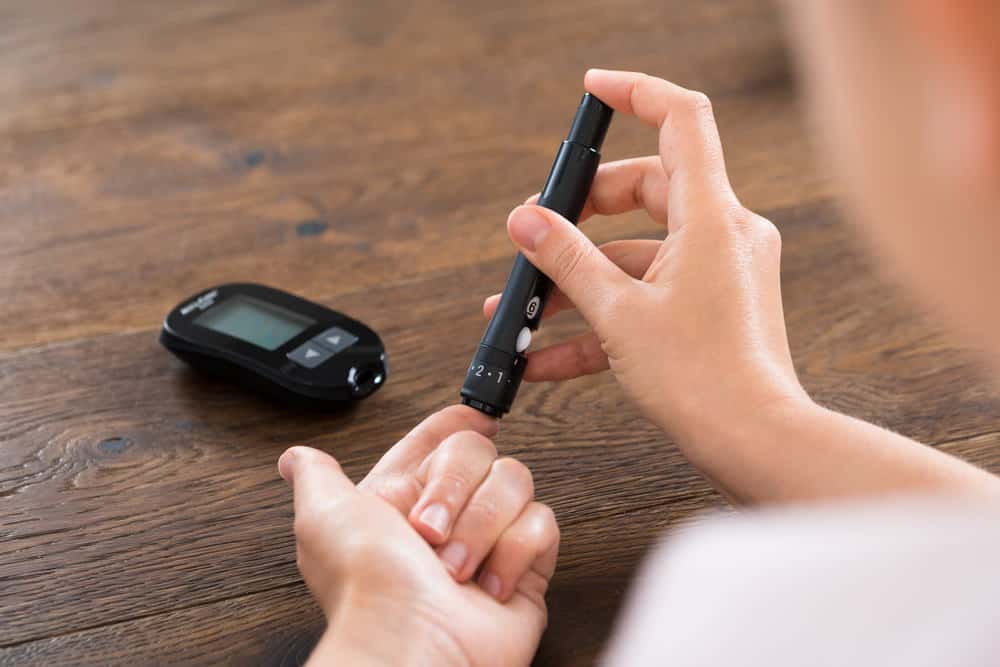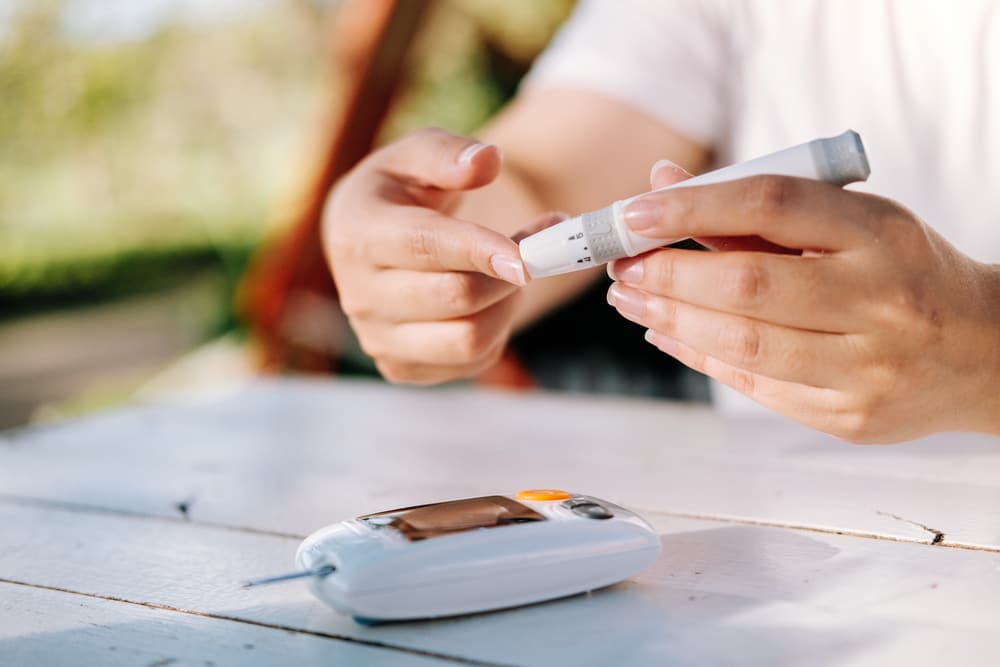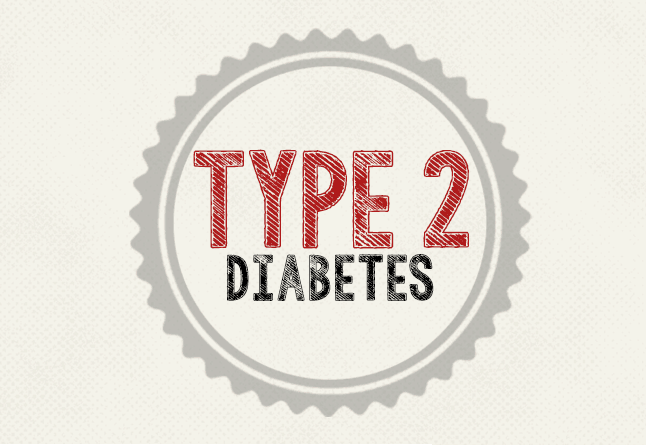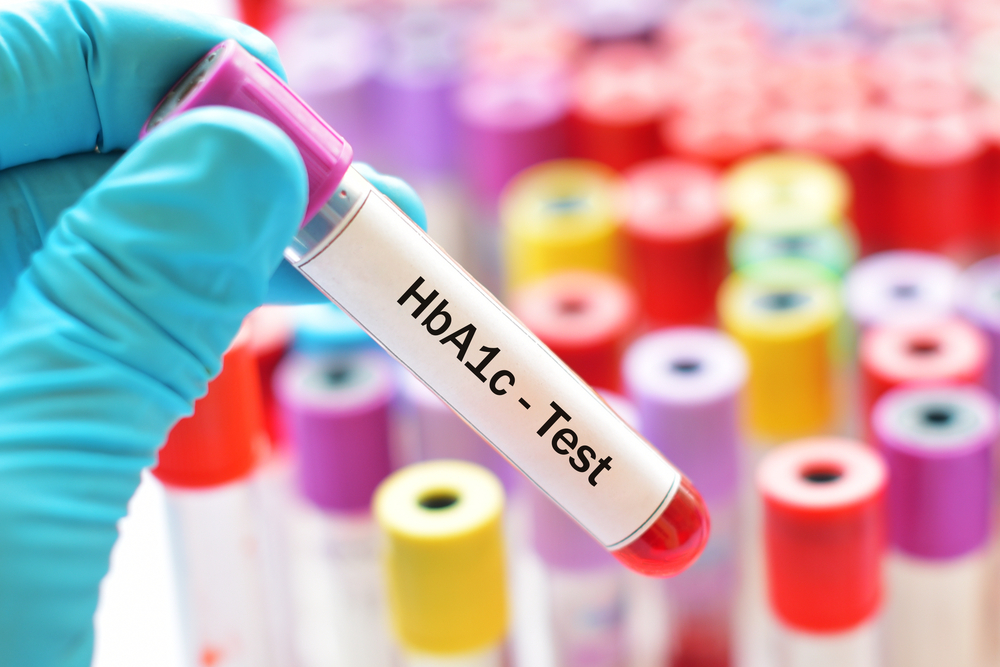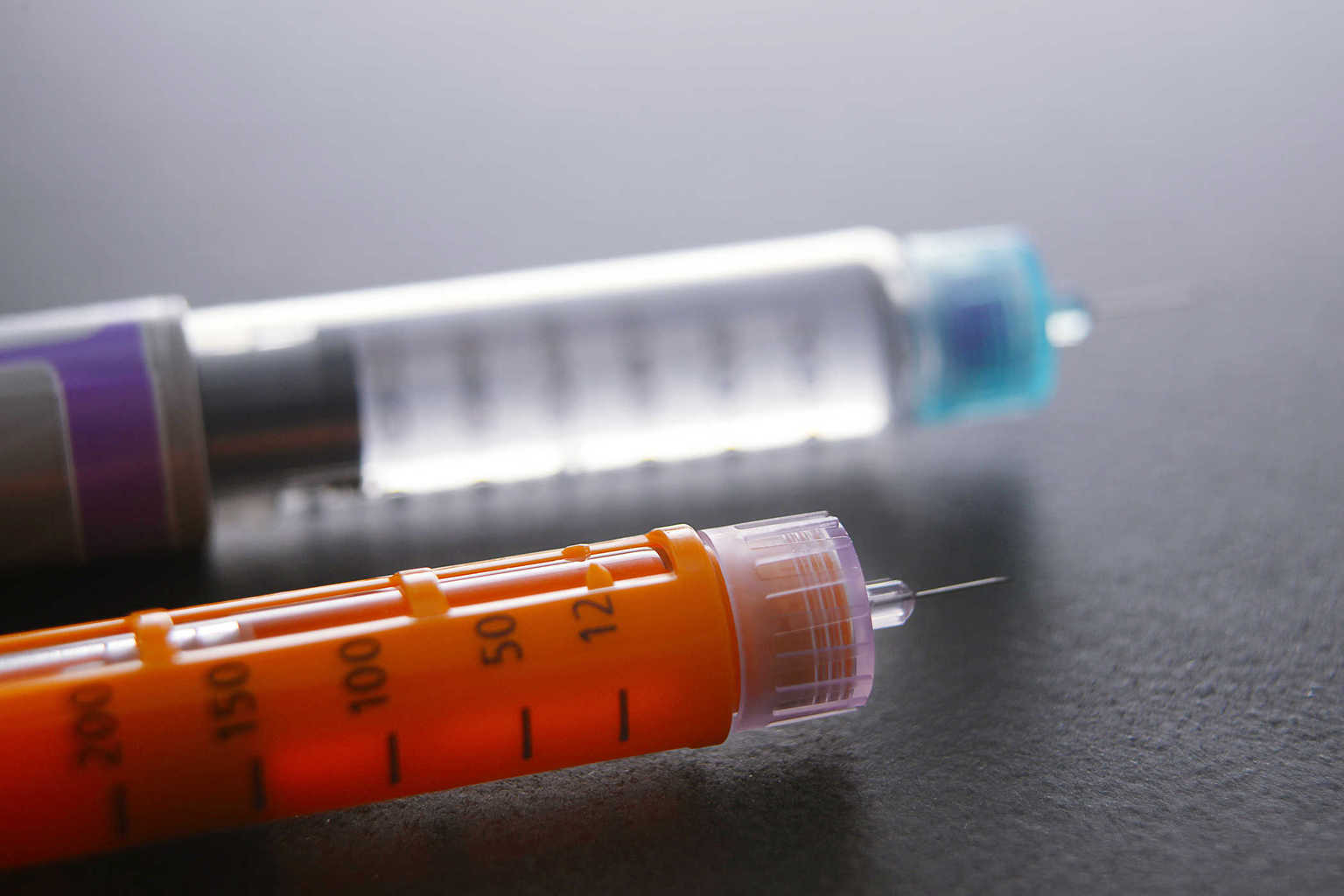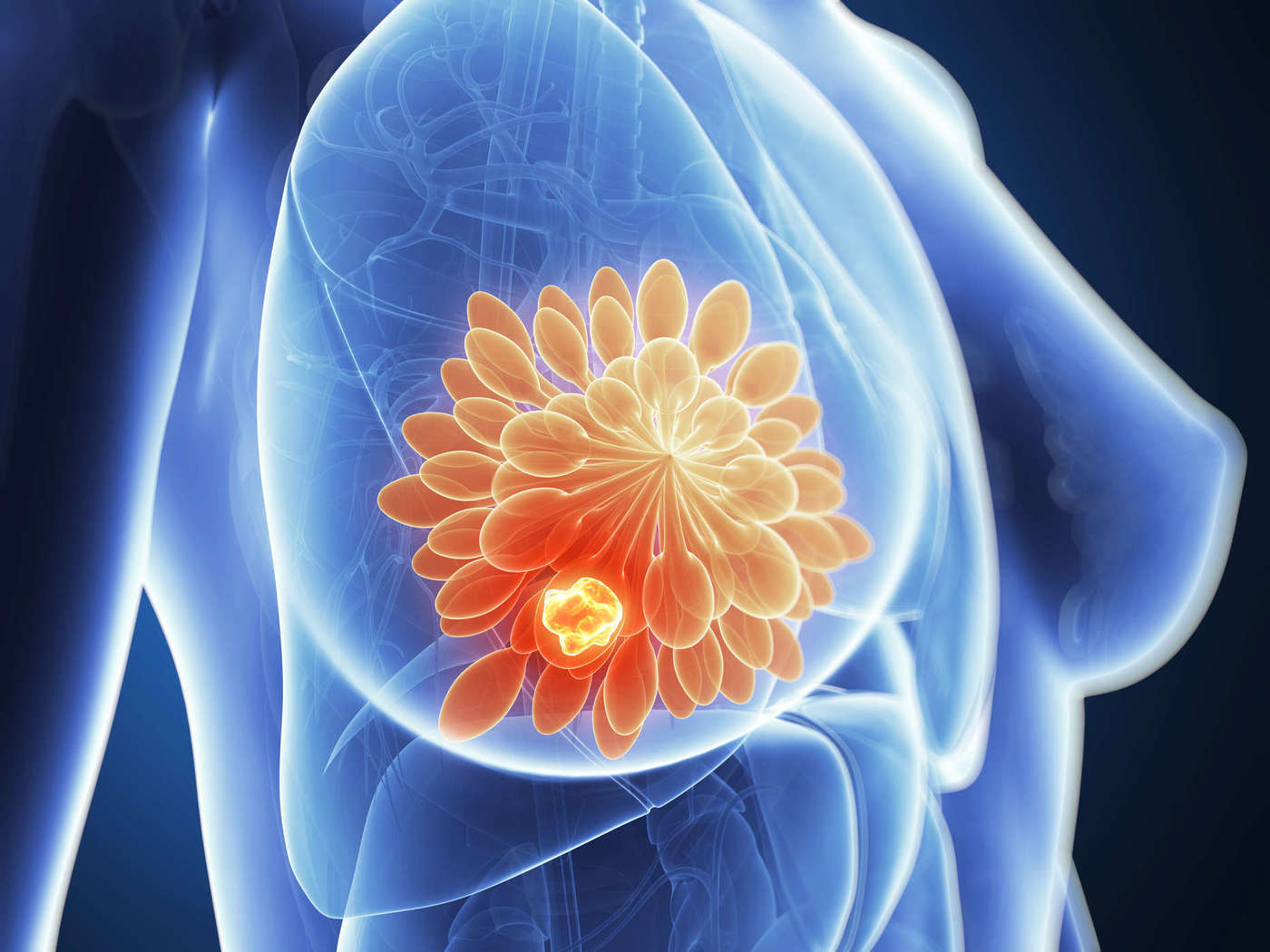Contents:
- Medical Video: Irritable Bowel Syndrome | IBS | Nucleus Health
- Symptoms of short bowel syndrome (SBS)
- Why can I have short bowel disease?
- How can SBS be recognized?
- How do you treat short bowel syndrome?
- 1. Recovery of nutrients
- 2. Treatment
- Operation
Medical Video: Irritable Bowel Syndrome | IBS | Nucleus Health
Short bowel syndrome (SBS) or which can be interpreted as short bowel syndrome is a small intestinal disease associated with gastrointestinal disorders and impaired absorption of nutrients. SBS occurs when a person has a small intestine that is shorter than usual. The small intestine is an important organ in the digestive system which plays a role in absorbing nutrients. So when someone experiences SBS, he will experience gastrointestinal problems and lack of nutrition. This small intestinal disease will be very dangerous if left untreated.
Symptoms of short bowel syndrome (SBS)
Like other gastrointestinal problems, people who experience SBS will experience symptoms of diarrhea or stool that is too runny continuously. The effects of diarrhea also have an impact on dehydration because the intestines cannot absorb fluids and electrolytes properly. Stool that is too runny indicates a lot of water and electrolytes that are not absorbed by the body.
This is also accompanied by:
- Stomach feels taut (bloated)
- Having stomach cramps and nausea
- The body feels weak and not powerful
- Weight loss
- Sometimes accompanied by a burning sensation in the chest (heartburn)
Because when experiencing SBS disorders can reduce nutrient intake, then this condition can also cause several diseases caused by malnutrition such as:
- Anemia
- Kidney stones
- Pain in bones and osteoporosis
- The skin becomes easier to blister
- Fatty liver
- The appearance of gallstones
SBS can also have an impact on the body that is more prone to gastrointestinal damage and allergic reactions. Gastrointestinal damage that is experienced can be gastric ulcers due to exposure to acid in the intestinal wall or stomach and too much bacteria in the small intestine. Whereas for allergic disorders such as lactose intolerance, it is usually characterized by nausea and diarrhea after consuming dairy products.
Why can I have short bowel disease?
The appearance of SBS is very close to other small intestinal diseases. Usually SBS occurs in someone who experiences:
- Cutting of small intestine due to cancer
- Impaired bowel function due to cancer treatment
- Crohn's disease causes inflammation and irritation of the gastrointestinal tract
- Serious damage to the small intestine
- Disorders of small bowel movements
- Small intestine or large intestine entangled
- Congenital abnormalities in the intestine, usually found in children
- Blockage meconium which is the baby's first stool in the small intestine
- Drop out of flow in the intestine
- Disruption of the location of the intestine that causes it to come out of the body through the navel hole
How can SBS be recognized?
To make a diagnosis of this one small intestinal disease, the doctor will examine several things related to the gastrointestinal system, such as:
- History of serious gastrointestinal diseases such as cancer and surgery history
- Physical examination such as signs of loss of muscle mass and signs of lack of vitamins and minerals
- Examination of mineral and vitamin content in blood
- Examination of fecal fat content
- X-ray examination and CT scan to see the size and condition of the small intestine
How do you treat short bowel syndrome?
There are a number of things that can be done to deal with the symptoms of SBS and deal with conditions of malnutrition due to SBS, including:
1. Recovery of nutrients
Recovery of nutrients is the main treatment in the case of SBS. This can be done by:
- Oral rehydration by consuming drinks rich in salt and minerals to alleviate the effects of lack of fluids during diarrhea.
- Giving liquid food through food tubes (feeding tube) which directly enters the digestive tract. Although this method is effective, there is a risk of complications of gallstones.
- Provision of nutrients in the form of water, electrolytes, vitamins, and minerals into the flow through intravenous fluids.
- Eat often but a little, eat low protein, fiber, and sugar and avoid high fat intake.
2. Treatment
Giving a series of drug administration to treat symptoms due to SBS which aims to suppress bacterial growth (antibiotics), suppress stomach acid production, slow down food movements, and increase intestinal absorption.
Operation
The main purpose of this coping method is to increase the absorption of small intestine. Most of the SBS cases require surgery. It also aims to prevent blockages in the intestine, improve the size of the intestinal tract, and slow down the movement of food when passing through the small intestine.
Doctors may also recommend passing a gut transplant to replace damaged intestinal tissue.





